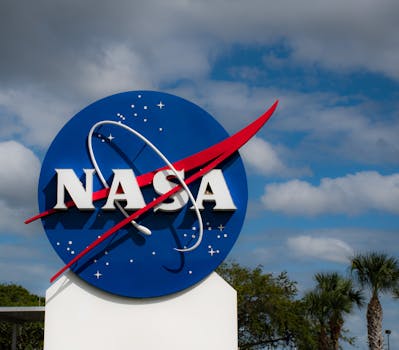Satellite Launch Missions and Their Impact on Space Exploration

Satellite Launch Missions and Their Impact on Space Exploration
Satellite launch missions have been a crucial part of space exploration for decades, enabling us to study the Earth, other planets, and the universe in unprecedented detail. The Satellite launch missions have played a significant role in advancing our understanding of the cosmos and have paved the way for future space missions. In this article, we will delve into the history, technology, and impact of satellite launch missions on space exploration.
The first satellite launch mission was achieved by the Soviet Union in 1957, with the launch of Sputnik 1, the first artificial satellite to orbit the Earth. This historic event marked the beginning of the space age and sparked a fierce competition between the United States and the Soviet Union to explore and dominate space. Since then, numerous satellite launch missions have been conducted by space agencies and private companies around the world, with the goal of exploring the Earth, other planets, and the universe.
Technological Advancements
The technology behind satellite launch missions has evolved significantly over the years. The development of powerful launch vehicles, such as the Atlas V and the Ariane 5, has enabled the deployment of larger and more complex satellites into orbit. The use of advanced materials and propulsion systems has also improved the efficiency and capability of satellites, allowing them to operate for longer periods and gather more accurate data. Furthermore, the introduction of reusable launch vehicles, such as the Falcon 9, has reduced the cost of access to space and made satellite launch missions more affordable.
In addition to launch vehicle technology, satellite design and instrumentation have also undergone significant advancements. Modern satellites are equipped with sophisticated sensors and instruments that enable them to collect a wide range of data, from high-resolution images of the Earth to precise measurements of the universe’s cosmic microwave background radiation. The use of advanced computer systems and software has also improved the processing and analysis of satellite data, allowing scientists to extract valuable insights and discoveries from the vast amounts of information being collected.
Impact on Space Exploration
The impact of satellite launch missions on space exploration has been profound. Satellites have enabled us to study the Earth’s climate, weather patterns, and natural resources in unprecedented detail, providing critical information for environmental monitoring, disaster response, and sustainable development. Satellite-based navigation systems, such as GPS, have revolutionized transportation and commerce, while satellite-based communications systems have enabled global connectivity and facilitated international cooperation.
Satellite launch missions have also played a crucial role in the exploration of other planets and celestial bodies. Orbiter and lander missions to the Moon, Mars, and other planets have provided valuable insights into the formation and evolution of our solar system, while asteroid and comet missions have shed light on the origins of life on Earth. The deployment of space telescopes, such as the Hubble Space Telescope, has enabled us to study the universe in unprecedented detail, from the formation of stars and galaxies to the detection of dark matter and dark energy.
Future of Satellite Launch Missions
As space technology continues to evolve, the future of satellite launch missions looks promising. Private companies, such as SpaceX and Blue Origin, are developing new launch vehicles and satellite systems that will enable more efficient and cost-effective access to space. The development of small satellite constellations, such as those being launched by OneWeb and Amazon’s Kuiper Systems, will provide global broadband connectivity and enable new applications, such as satellite-based Earth observation and navigation.
Furthermore, satellite launch missions will play a critical role in the exploration of the Moon, Mars, and other destinations in the solar system. NASA’s Artemis program, for example, aims to return humans to the Moon by 2024 and establish a sustainable presence on the lunar surface. The use of satellites and other spacecraft will be essential for providing navigation, communication, and scientific support for these missions, as well as for establishing a sustainable human presence in space.
In conclusion, satellite launch missions have revolutionized the field of space exploration, enabling us to study the Earth, other planets, and the universe in unprecedented detail. The technological advancements and impact of satellite launch missions on space exploration have been profound, and their future looks promising. As we continue to push the boundaries of space technology and exploration, satellite launch missions will remain a crucial part of our quest to understand the cosmos and our place within it.







